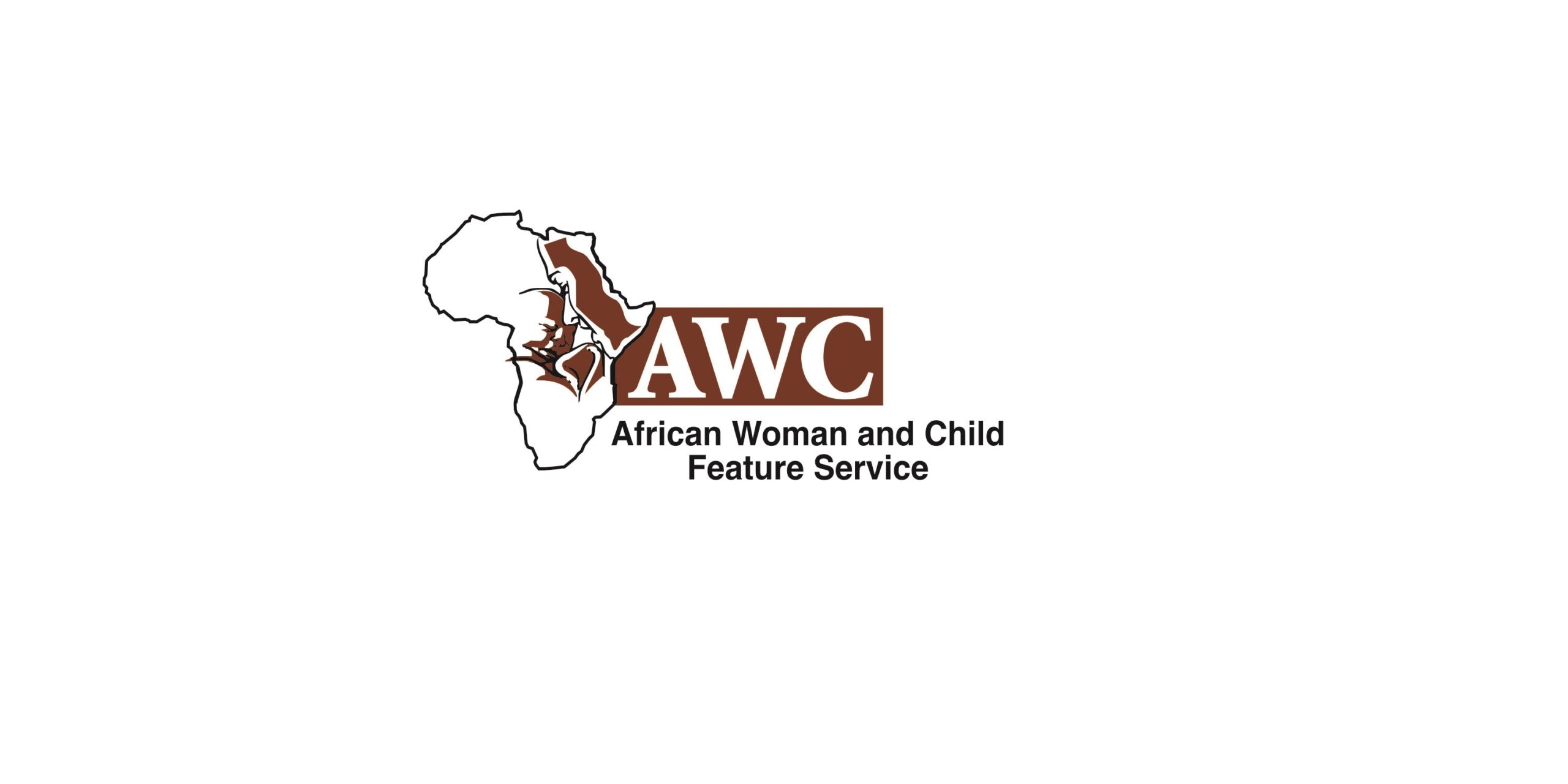AWCFS: Kenyan flower sector to work on guiding principles on business and human rights
By Ruth Omukhango. This story was published on Kenyan Woman, a monthly online newspaper produced by the Women@Work Campaign partner African Woman and Child Feature Service.
Every morning when her alarm rings at 4.00 am, Beatrice Aseyo* gathers strength to face the long and challenging day ahead. Before she leaves for work in the nearby flower farm, Aseyo has to manage her domestic chores which include preparing her two-year-old daughter before dropping her off at a nearby day care in Karagita Village.
Aseyo has had an almost standard routine for the last four and half years reporting to work at 7.00 am and breaking off at 4.30 pm in her job as a casual laborer, where she earns KSh6,400 per month. Considering herself lucky to have a job compared to her peers, 28-year-old Aseyo has to carefully budget for important items which include rent of KSh3,000 per month and day-care which charges KSh50 per day amounting to close to KSh1,200 per month. The balance is left to buy food and other necessities.
Aseyo notes that her employer provides other benefits such transport for all employees and in the event of sickness, there is medical center at the flower farm though this is limited to working hours.
Emergencies
Her only worry is when she has to handle emergencies which many times have her left without any money after settling bills. She often opts to stay at home during her off day because she does not have extra money to facilitate her moving around.
“By the first week of the month, I will have exhausted all my salary and only survives by God’s grace,” she explains.
Aseyo is not alone in this predicament and her story replicates that of 75 percent of women working in the flower farms in Kenya. Although, there have been notable positive improvements in the working conditions and benefits for the women, there is still need to pursue full realization of their rights.
Principle
One of the urgent issues that would make a good beginning is to have collaborative efforts by stakeholders to bring about substantive changes that favor vulnerable women workers. One of the principles that stakeholders have relied on to address social justice issues in the business sector is the United Nations Guiding Principles on Business and Human Rights (UNGPs) which requires big corporations to be transformative in contributing to social justice for women workers.
The UN Guiding Principles were endorsed in 2011 by the United National Human Rights Council in a joint commitment of member states to address adverse human rights on business enterprises. It also details both duties and responsibilities of enterprises in addressing adverse business related human rights impacts.
Pillars
The UN Guiding Principles have three critical pillars. The first pillar elaborates that states have a clear obligation under international law to protect and foster human rights and to ensure that these are also respected by other actors through effective strategies, regulations, and enforcement.
The second pillar focuses on corporate responsibility to respect human rights. Businesses are responsible for respecting all human rights. They must act with due diligence and avoid violating the rights of others.
The third pillar speaks to access to remedy where victims of human rights violations by businesses can have easy access to grievance and sanctions procedures, both judicial and non-judicial.
Like other member members states, Kenya is in the process of developing its National Action Plan to provide the overall strategy and concrete commitments for addressing adverse business-related human rights impacts in line with the UN Guiding Principles. The National Action Plan has a number of benefits. Considering the Kenyan context, the plan will be oriented towards addressing actual and potential business and human rights challenges.
Action plan
Another benefit for firms adopting the action plan is that it will facilitate any firms such as those in flower industry to carry out their human rights due diligence towards meeting their responsibility to respect human rights. It will send a clear signal to internal and external stakeholders that the company is committed to embedding human rights into its operational policies and procedures and leads to an understanding of the human rights impacts of the business, both positive and negative.
Currently, the National Action Plan process is coordinated by the Department of Justice, with key implementing roles for the Kenya National Commission on Human Rights and the Kenya Human Rights Commission.
While Kenya is still in the process of developing this crucial plan that will see an increase accountability in businesses like flower firms on social justice issues, women like Aseyo have to continue doing their work to make ends meet.
* not her real name








